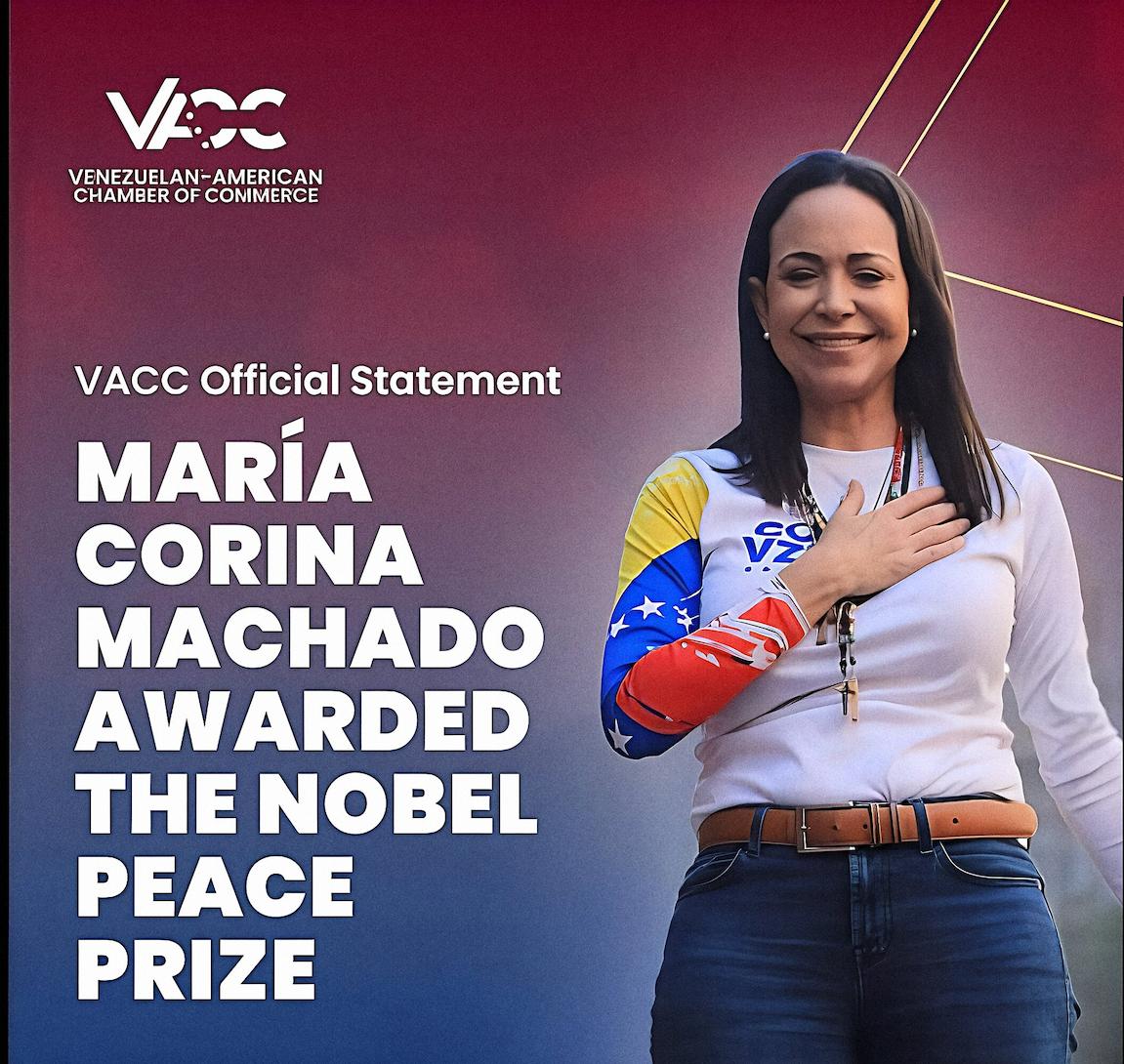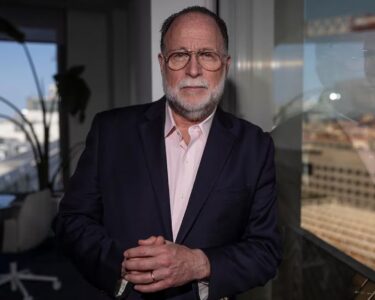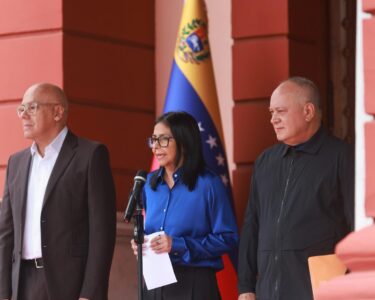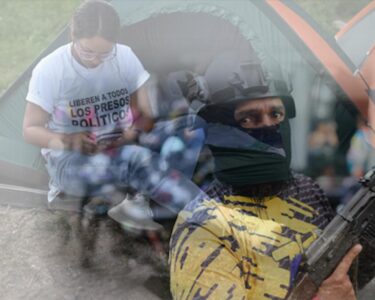By Paola Romero / UnHerd
“I just can’t believe it,” said María Corina Machado on social media, minutes after she was awarded the Nobel Prize for Peace 2025 earlier today. Is she right to be surprised? Venezuelans have not seen Machado since January, as she’s been forced into hiding in the wake of relentless threats to her life from Nicolás Maduro’s regime. She communicates with her supporters through videos and WhatsApp audio recordings. She has remained hopeful, and insists she is still in Venezuela. No one doubts that she is.
But why award a peace prize to the leader of the Venezuelan democratic opposition? Her concrete “victories” can be listed: winning, in alliance with her proxy candidate Edmundo González Urrutia, the presidential elections of July 2024 against Maduro, and bringing the physical evidence to the United Nations of the electoral fraud that followed. Yet this prize is a more profound recognition of her personal struggle, of using her own life as an embodiment of principles.
Consistency is a rare currency in politics, but Machado has made it her trademark. Her early activism against the socialist president Hugo Chávez aimed to defend electoral transparency in Venezuela. Banned from running for office and accused of a number of unfounded charges, she has been assaulted, prohibited from leaving the country and separated from her children, who currently live abroad.
Despite all of Maduro’s efforts to silence her, Machado rallied the country on a truck last year, reviving popular trust that a free, democratic, and peaceful Venezuela was possible. As the months passed after he illegitimately proclaimed himself president in January, Machado had to witness her immediate entourage of fellow opposition leaders, friends and allies in the democratic cause being taken to prison, one by one. Some of them just disappeared. Now in clandestinity, does she still have the steadfastness to hold to her convictions?
Only last week, Machado spoke “live” to her followers about how proud she feels of the “silent disobedience” that takes place in Venezuela every day. She explained that her country is now in the “resolution phase” of its democratic struggle, insisting that “if we join the dots together”, we will see that Venezuela is on the path to “an orderly transition”. Does Machado know something we don’t?
Against the backdrop of a severe economic crisis, millions of people have fled the country. Besides rampant inflation and unpunished crime, Venezuela now finds itself at the centre of the Trump administration’s plan, led by Marco Rubio, to eradicate narco-traffic in the region. Last night, a US military transport aircraft C-17 Globemaster landed in Trinidad and Tobago, alongside an uninterrupted display of control in the Caribbean. Maduro, who has a $50 million arrest reward looming over his head, says he’s prepared to respond to all cases of international aggression. In the meantime, Venezuelans focus their energies on making ends meet.
t is in the context of this geopolitical, economic, and institutional crisis that Machado is awarded a recognition she utterly deserves. This is a symbolic prize, acknowledging the bravery not just of one woman, but of a collective cause. Last time she was seen in public, Machado was forced to hop into an unrecognised motorcycle and was briefly kidnapped. President Donald Trump explicitly told Maduro not to lay a finger on her, and she was immediately released.
A resolute fighter of totalitarianism, Albert Camus accepted the 1957 Nobel Prize in Literature “as an homage rendered to all those who, sharing in the same fight, have not received any privilege, but have on the contrary known misery and persecution”. One might envision Machado echoing those same words.






